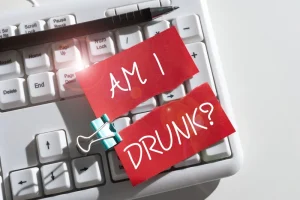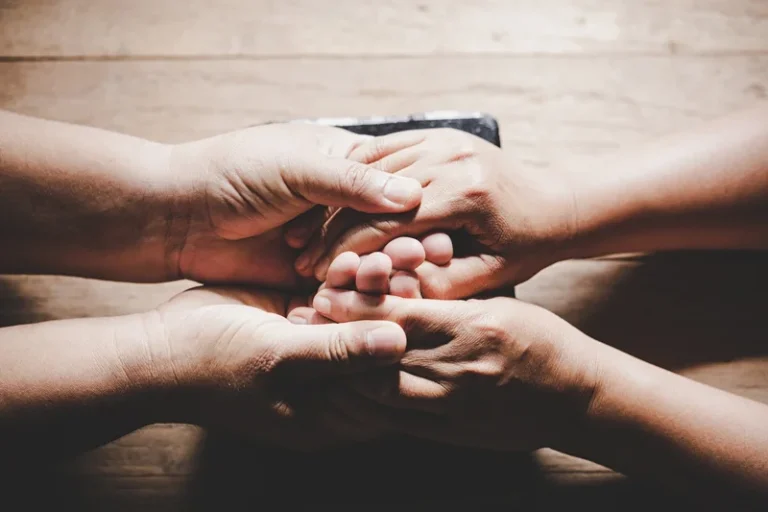Foods and Drinks That Can Cause Dehydration

So if you’re a fan of energy drinks, be sure to drink them in moderation. And if you have any kidney problems, it’s best to avoid them altogether. In short, energy drinks probably won’t make you gain weight if you’re healthy and active.
- Other beverages like milk, juice and herbal teas are also made up largely of water.
- Sugar also plays a critical role when discussing whether drinking Coke leads to dehydration.
- The liver processes 3/4th of an ounce of alcohol per hour, and drinking water will not make it happen faster.
- You probably already know that coffee contains caffeine, which is a natural stimulant also found in tea, chocolate, kombucha, and more.
- The U.S. Food and Drug Administration (FDA) recommends adults should have no more than 400 milligrams of caffeine a day (and kids have far more limitations).
- While most drinks and high-liquid foods will provide water for the body to use and stay hydrated, some drinks may act as diuretics having the opposite effect.
Survival Foods: Can You Really Eat Tree Bark?
However, it typically takes between 48 and 72 hours to restart ketosis after consuming alcohol. However, drinking large amounts of coffee — such as drug addiction treatment 5 or more cups at once — may have a minor dehydrating effect. For example, a study in 50 heavy coffee drinkers noted that drinking 26.5 ounces (800 ml) of coffee daily for 3 days was equally as hydrating as drinking the same amount of water (16). In smaller amounts, though, they may just make the person eating or drinking the salt and/or sugar feel thirsty. Energy drinks are often high in calories and sugar, which can lead to weight gain if you consume them in excess. They may also contain caffeine, which can cause you to feel more energetic and less likely to eat.
The Verdict: Coffee and Hydration
- In one study, researchers found that while coffee did increase urine output, the effect was not significant enough to cause dehydration in regular coffee consumers.
- Drinking too much caffeine can also lead to dehydration and disrupt your sleep.
- “Depending on your level of dehydration, you could feel the effects of drinking water anywhere from 15 to 20 minutes after drinking it,” Czerwony adds.
- Not only teens, but many adults also prefer consuming these drinks in contrast to conventional morning coffees.
But whether or not it can replace water for hydration depends on several factors. Lower levels of hydration in the body decrease the volume of the cells, which may impact a person’s blood sugar. The consumption of a cold soda may feel refreshing at first but likely will not satisfy a person’s thirst in the long run. Some people may also pair liquor with other drinks and ingredients in mixed drinks. Drinks with high sugar content or caffeine combined with liquor in mixed drinks can make symptoms worse for some. Wine generally has a higher alcohol content than beer and cider, which may contribute to the likeliness of more frequent urination and dehydration.

Can You Drink Coffee When Dehydrated? Tips and Precautions
Discover six energy drink side effects and learn how making beneficial dietary and lifestyle changes can help you does wine dehydrate you stay energized naturally. “For people who aren’t normally dehydrated, they’re probably going to notice symptoms a little bit sooner and a lot more severe than somebody who’s chronically dehydrated all the time,” says Czerwony. However, research is mixed on the hydrating effects of certain beverages.


However, if you’re sedentary or have a health condition, they may contribute to weight gain. Drinking energy drinks instead of water can have some pretty serious consequences. For one thing, energy drinks are loaded with sugar and calories, which can lead to weight gain. Sugar is a carbohydrate and is mostly added in many beverages including energy drinks. Coffee can influence exercise hydration in both positive and negative ways.

Does Coffee Count Towards Daily Fluid Intake?
Ultimately, the choice between hot and cold coffee is a matter of personal preference rather than a factor affecting hydration. For those who are particularly sensitive to caffeine or experience negative side effects, it may be beneficial to reduce intake. Pregnant individuals and those with specific medical conditions should consult a healthcare provider to determine an appropriate amount of coffee for their situation.

However, if you’re going to opt to drink a decaf variant of coffee so as to avoid these issues, you must also remember that decaf coffee isn’t without its fair share of problems. Not everyone is looking to drink coffee for a buzz or a wake-up call, and some people react so negatively to the caffeine that they’d rather avoid it altogether. While coffee can make you feel more alert and focused, decaf has none of these effects, and instead leads to you ingesting chemicals that otherwise have no reason to be in your body. However, You might have found yourself drinking some of the best decaf coffee before and had this question buzzing around your head.
- Enjoy the versatility of green tea while maintaining a balanced approach to your overall diet.
- While eating them in moderation likely won’t leave you dehydrated, the ruby-hued veggies help flush the liver.
- “A diuretic is any kind of chemical that the body responds to by eliminating fluid from the body,” explains Czerwony.
- According to the CDC, drinking alcohol in moderation is safe for most people.
- Drinking water along with coffee can maintain a balance, allowing individuals to enjoy the perks of caffeine while still addressing hydration concerns.
When the human body senses it is getting dehydrated, the pituitary gland produces ADH to reduce urination. “If you are looking to find a drink that is less dehydrating, try choosing ones that you would enjoy over a longer period of time,” Richardson says. Sipping on one whisky all evening will likely mean you ingest less alcohol overall than three or four standard glasses of wine.
Why do sugary drinks dehydrate you?
Drinking normal amounts — less than 3.5–8 cups (840–1,920 ml) of tea at once — is unlikely to have any dehydrating effects. Because caffeine acts as a diuretic, it’s thought that drinking coffee contributes to dehydration. However, the diuretic effect of caffeine is mild, especially in those who have a tolerance to caffeine. Research has shown that caffeine intake at recommended doses does not result in dehydration. Regular consumption of energy drinks can cause cardiovascular stress, insomnia, addiction, adrenal fatigue, and dehydration due to their high caffeine content.
That’s largely because some teas contain caffeine, a compound also found in coffee, chocolate, energy drinks, and soft drinks. Caffeine is a natural stimulant and one of the most common food and beverage ingredients in the world (1). While it’s true that it can cause increased urination, studies suggest that regular consumers develop a tolerance to this effect. For those who drink Coke occasionally or regularly, the body becomes accustomed to caffeine’s presence.
